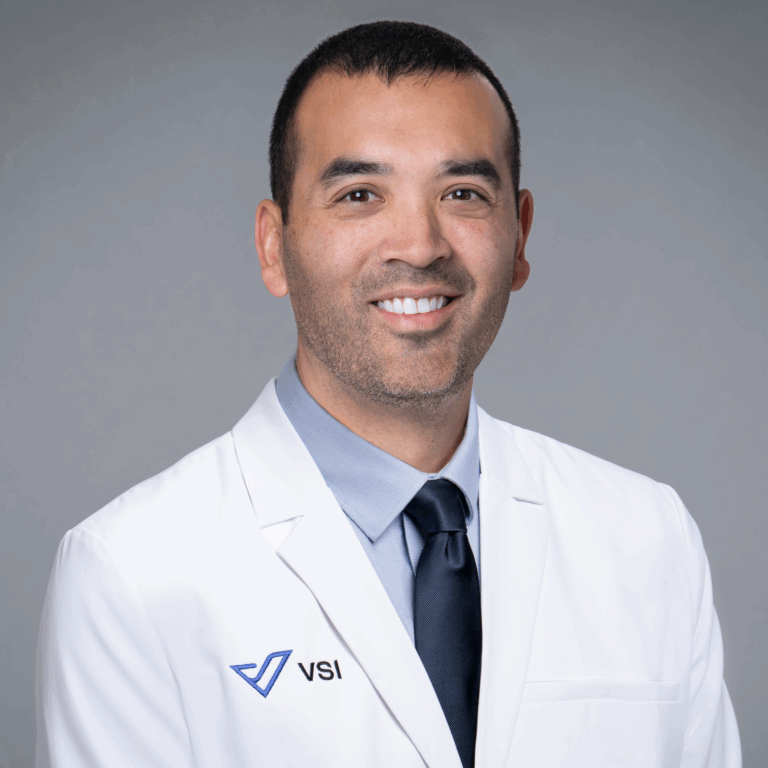
Navigating Spine Surgery Recovery
Recovering from surgery can be a fairly predictable journey. But not always. Sometimes it’s more of a rollercoaster. When that happens, it can be disappointing, frustrating and even painful. One of my patients, Dori, discovered that after she underwent spine surgery.
“Generally most people have a pretty linear, upward trajectory of recovery and I assumed I would be in that group so I was kind of surprised when I wasn’t,” Dori explains.
Dori says she never regretted having surgery, but she realized she needed to be honest with me about what she was feeling at her first post-op visit because she was having some unexpected pain in a different part of her body. We figured out what was contributing to her challenges, were able to easily address it and she got back on track quick enough that within six weeks she was on vacation skiing.
“I would tell people, be honest with your doctor both about how you’re feeling and whether you have been 100% compliant with their post-op instructions, which it turns out I wasn’t,” she says with a laugh. “I also think it’s important for people to realize that there’s an emotional journey to healing. That’s part of the process too. You may feel vulnerable or weak or not sleep well at first. Don’t deal with that alone. Talk with your doctor because there are likely things they can do to help.”
Here are some other important takeaways to help you have a smooth recovery from spine surgery.
Recoveries are a very individualized thing.
A lot depends on where you’re at before surgery. A large part also comes from the type of surgery you have. If a surgery impacts muscle, that’s likely going to be a harder recovery than one that doesn’t. How strong and active are you pre-surgery too? If you have time and are able, engage in prehab — build up strength, balance, mobility and more before your procedure to ease recovery on the other side.
There’s a lot to keep track of.
There are often a lot of post-surgical instructions and it’s not uncommon for patients to miss or forget one. Being honest about what you are and aren’t doing is important so I can collect all the necessary information I need to make sure we’re treating you as best we can. Also don’t be afraid to ask questions. Make sure you understand all that’s being asked of you and why. It can increase compliance when you understand the reason behind the request.
It’s important to talk honestly with your surgeon.
Have real discussions with your provider — not just about the surgery but about how your body feels too. Dori was very honest about that, which is so important. Patients trust me with their bodies for surgery, I want them to be honest and trust me with their feelings after surgery too. It’s important we address your whole body — from head to toe — to promote the best recovery possible.
Schedule regular checkup.
Make time and space to connect with your surgeon — not just for that first post-op around two weeks but beyond that too. A few regular check ins can ensure that you’ve recovered well in the short and long term — and that is certainly what we all want.
Topics covered
About the Author
Featured Resources
Insights to Achieve a Pain-Free Life



